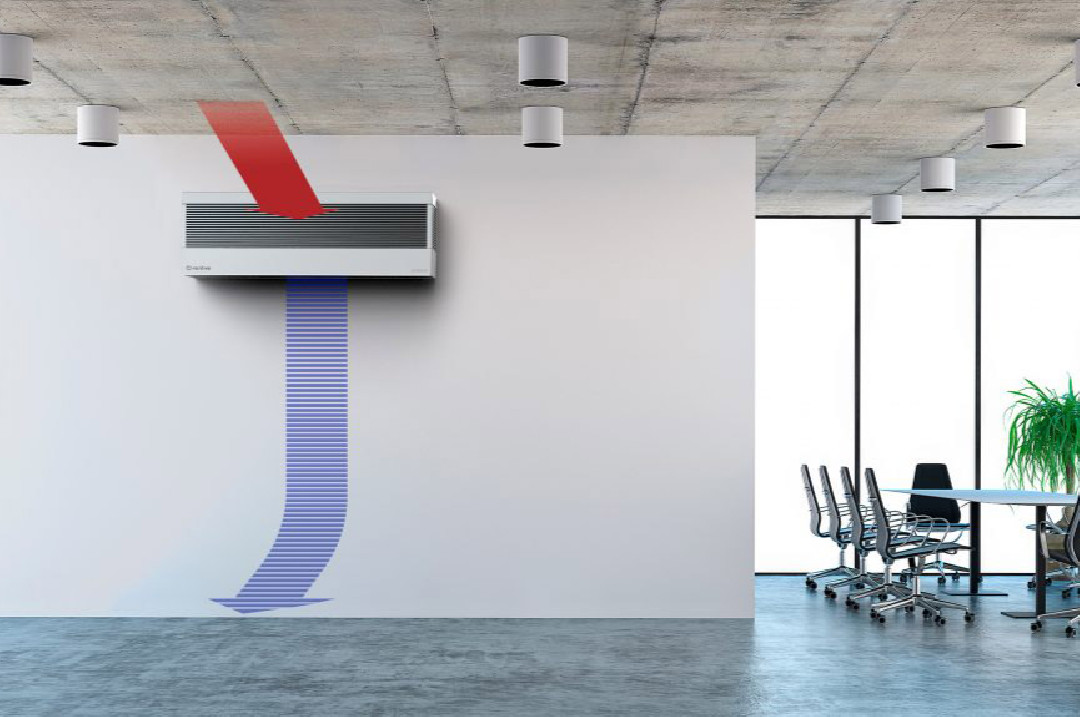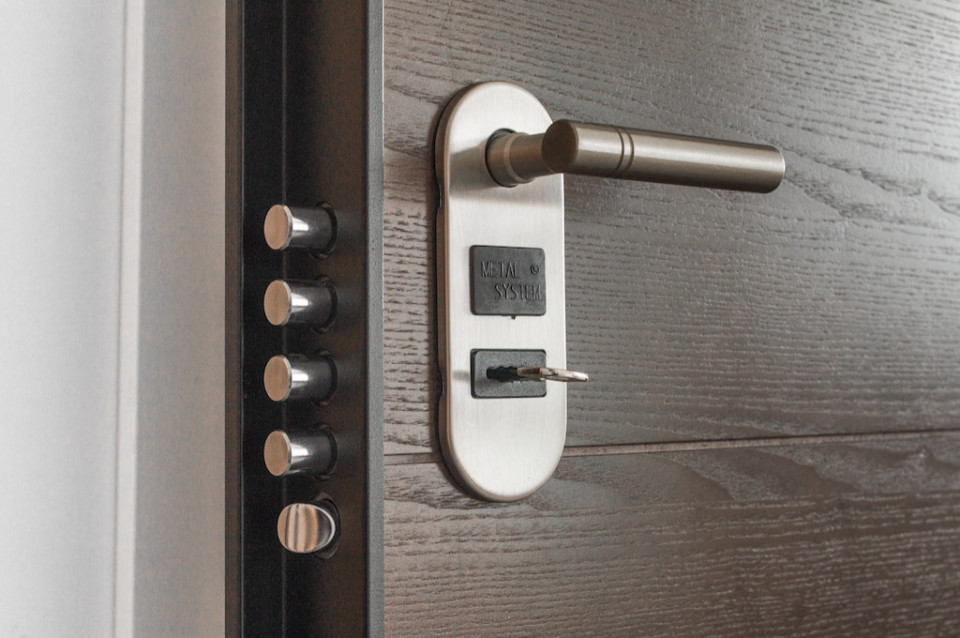The Invisible Threat Lurking in Your Home: How Poor Indoor Air Quality Can Harm Your Health

image source : ventive.co.uk
Did you know that the air you breathe inside your home can increase your risk of developing lung cancer? Indoor air pollution is becoming a growing concern in Indonesia, with cities like Jakarta, Bandung, and Surabaya experiencing high levels of air pollution. According to a study conducted by the University of Indonesia, indoor air pollution contributes to around 20% of lung cancer cases in the country.
Sources of Indoor Air Pollution
Many factors can contribute to poor indoor air quality, including:
- Tobacco smoke
- Radon gas
- Asbestos
- Volatile organic compounds (VOCs) from cleaning products, paints, and furnishings
- Combustion pollutants from cooking and heating appliances
- Biological pollutants such as mold, dust mites, and pet dander
In Jakarta, Indonesia’s capital city, the combination of heavy traffic, industrial emissions, and household air pollution creates a perfect storm for poor indoor air quality.
Health Effects of Indoor Air Pollution
Exposure to indoor air pollutants can cause a range of health problems, from mild irritation to severe respiratory illnesses. Some of the most common health effects include:
- Irritation of eyes, nose, and throat
- Headaches and dizziness
- Fatigue
- Respiratory tract infections
- Aggravation of asthma and allergies
- Cardiovascular disease
- Lung cancer
In Bandung, a city known for its cool climate and beautiful scenery, residents are not immune to the dangers of indoor air pollution. Rapid urbanization and increasing population density in the city have led to increasing levels of air pollution, both outdoors and indoors.
Improving Indoor Air Quality
Fortunately, there are steps you can take to improve the air quality in your home and reduce your risk of developing lung cancer and other respiratory diseases:
- Eliminate tobacco smoke: If you or someone in your household smokes, consider quitting or smoking outside.
- Ensure proper ventilation: Open windows and doors when weather permits, and use exhaust fans in kitchens and bathrooms.
- Choose low-VOC products: When purchasing cleaning supplies, paints, and furnishings, choose products with low levels of volatile organic compounds.
- Maintain your heating and cooling system: Clean and replace the filters in your air conditioning and heating units regularly.
- Control humidity levels: Keep indoor humidity between 30-50% to prevent mold growth.
Surabaya, Indonesia’s second largest city, has taken steps to improve air quality by implementing stricter emission standards for vehicles and industry. However, it is critical that individuals take action within their own homes to protect their health and the health of their families.
The Importance of Awareness
Despite growing evidence linking indoor air pollution to lung cancer, many people in Indonesia are still unaware of the risks. Education and awareness campaigns are essential to help individuals understand the importance of maintaining good indoor air quality and taking steps to reduce their exposure to harmful pollutants.
Conclusion
Poor indoor air quality is a silent threat that can have devastating consequences for our health. By understanding the sources of indoor air pollution and taking action to improve the air we breathe, we can reduce our risk of developing lung cancer and other respiratory diseases. It is vital that individuals, communities and governments work together to address this issue and create a healthier environment for all. Remember, the choices you make today can have a big impact on your health in the future, including your risk of developing lung cancer - stage 3 lung cancer.







